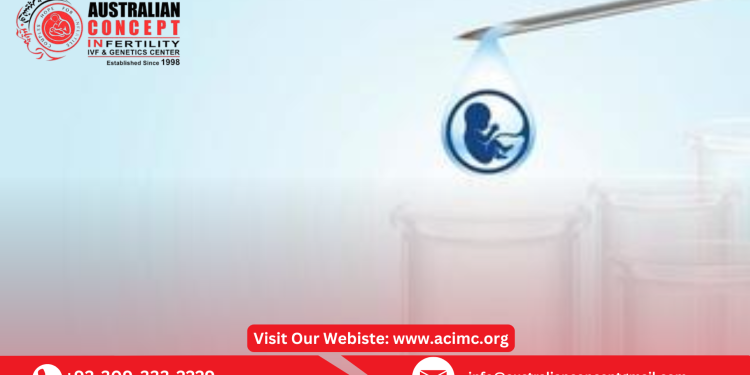The test tube baby procedure, also known as In Vitro Fertilization (IVF), is a widely used fertility treatment that helps couples conceive. While IVF has helped millions achieve parenthood, it does come with certain risks and potential complications. Understanding these risks can help couples make informed decisions about their fertility journey.
1. Multiple Pregnancies
One of the most common risks of IVF is multiple pregnancies, which occur when more than one embryo is transferred into the uterus. This can lead to:
-
Higher chances of premature birth
-
Increased risk of low birth weight
-
Potential complications for both the mother and babies
2. Ovarian Hyperstimulation Syndrome (OHSS)
OHSS can occur when the ovaries overreact to fertility medications used during IVF. Symptoms include:
-
Bloating and abdominal pain
-
Nausea and vomiting
-
Fluid buildup in the abdomen
In severe cases, OHSS may require hospitalization, but proper monitoring by a fertility specialist can help reduce this risk.
3. Ectopic Pregnancy
An ectopic pregnancy happens when a fertilized embryo implants outside the uterus, usually in the fallopian tubes. This condition is dangerous and requires immediate medical attention. Women with previous tubal damage or infections are at a higher risk.
4. Emotional and Psychological Stress
The IVF journey can be emotionally challenging due to:
-
The financial burden of multiple cycles
-
The stress of waiting for results
-
Possible disappointment from failed attempts
Counseling and support groups can help couples manage the emotional impact of IVF.
5. Birth Defects and Genetic Risks
While most IVF babies are healthy, some studies suggest a slightly higher risk of birth defects. However, this may be due to underlying infertility factors rather than the IVF procedure itself. Preimplantation genetic testing (PGT) can help screen for genetic abnormalities before embryo transfer.
6. Miscarriage Risk
The miscarriage rate for IVF pregnancies is similar to that of natural pregnancies, but it may be higher in women of advanced maternal age. Implantation failure or chromosomal abnormalities can contribute to pregnancy loss.
7. Long-Term Health Concerns
There is ongoing research into whether IVF babies face long-term health risks, but so far, no major concerns have been confirmed. Most IVF children grow up healthy and develop normally.
How to Minimize IVF Risks
-
Choose a reputable IVF center with experienced specialists.
-
Follow your doctor’s instructions carefully regarding medications and embryo transfer.
-
Maintain a healthy lifestyle to support a successful pregnancy.
-
Discuss potential risks with a fertility specialist before starting treatment.
Conclusion:
While the test tube baby procedure has certain risks, medical advancements have made IVF safer and more effective than ever before. By understanding these risks and taking proper precautions, couples can increase their chances of a healthy pregnancy and successful outcome. Consulting with a trusted fertility expert is the best way to navigate IVF treatment safely.



















































